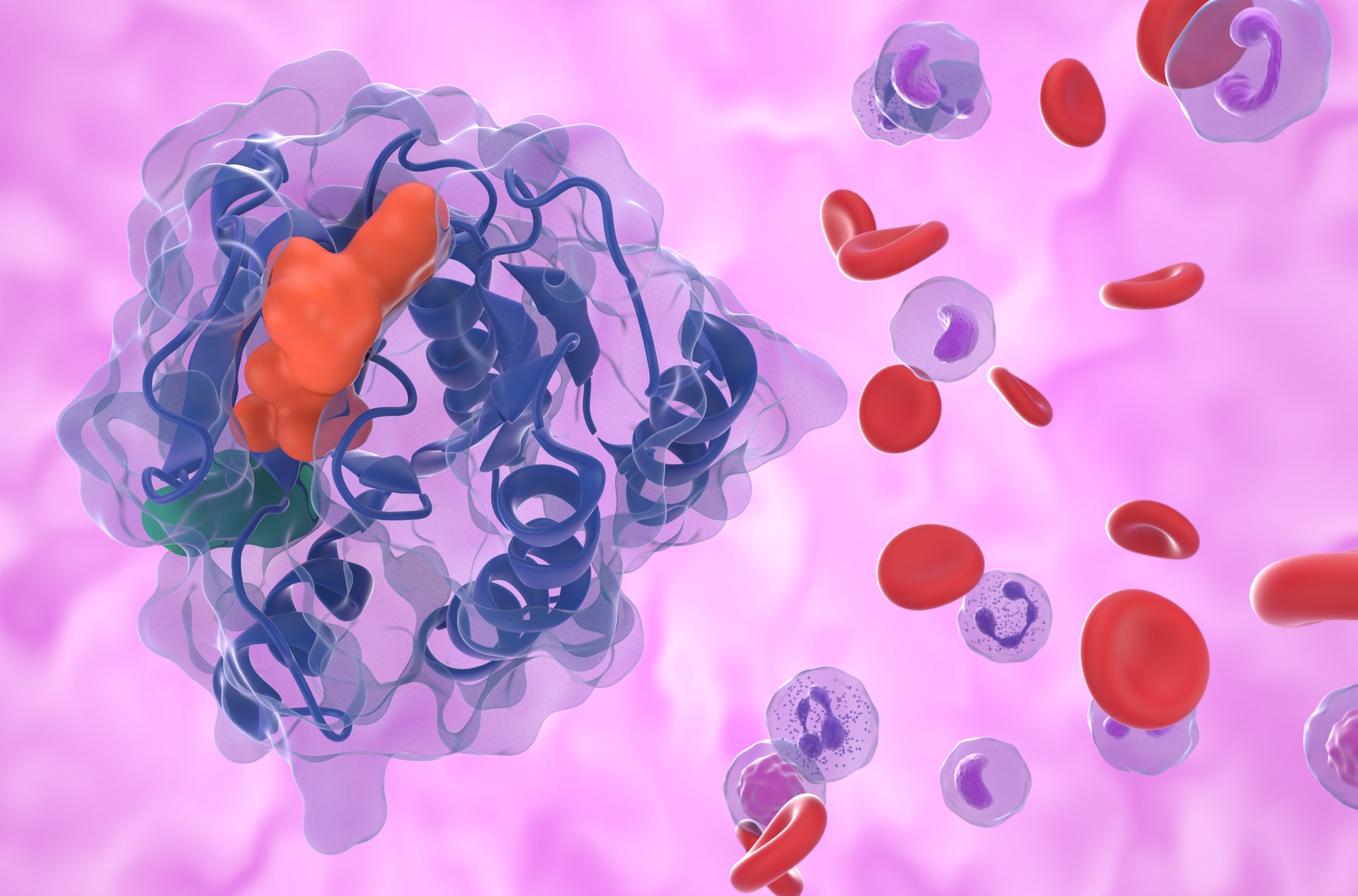A protein has been identified as a potential driver of KRAS-mutated tumour growth, and inhibiting its expression may be the key to preventing or delaying PDAC.
New research has found that fibroblast growth factor receptor 2 (FGFR2) may play a critical role in promoting KRAS-mutated tumorigenesis, identifying a potential therapeutic target for preventing or slowing the progression of pancreatic ductal adenocarcinoma (PDAC).
Despite early KRAS mutations being a well-established trigger for precancerous lesion formation, KRAS alone is only weakly oncogenic, and most early lesions do not progress to cancer. This raises the question: what additional factors determine whether a lesion remains harmless or progresses to this prevalent and highly lethal pancreatic cancer?
Researchers from Cold Spring Harbor Laboratory in the US used human tissue samples to better understand what contributes to pancreatic tumour growth in the early stages of the disease. They found that FGFR2 expression is elevated in KRAS-mutated precancerous lesions and in the classical subtype of PDAC, but not in healthy pancreatic tissue.
In mouse models, they found that genetic deletion of FGFR2 significantly reduced the formation of mutant KRAS-driven precancerous lesions, delayed tumour progression, and increased median survival from 143 to 195 days.
In control mice, tumour masses had already developed in 75% of them by four months, whereas FGFR2-deleted mice mainly had early lesions.
Related
These findings suggest that altering FGFR2 expression may be a potential early therapeutic intervention, preventing the progression of precursor lesions or slowing the progression of established PDAC.
Further, combining the inhibition of FGFR2 and epidermal growth factor receptor signalling (a known requirement for mutant KRAS-driven pancreatic cancer development) reduced lesion formation even more in mice and was more effective than blocking either alone.
The study concluded that FGFR2 boosts the oncogenic effects of KRAS and increases cancer formation. By blocking the protein, either alone or alongside EGFR, progression of early pancreatic lesions may be prevented and represents a future strategy for early interception.





